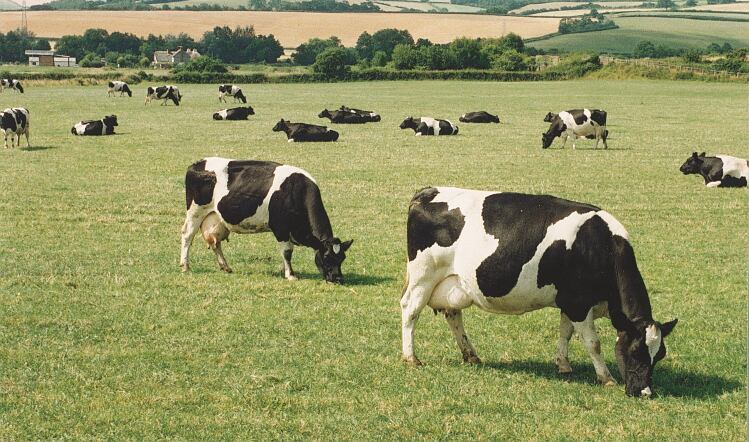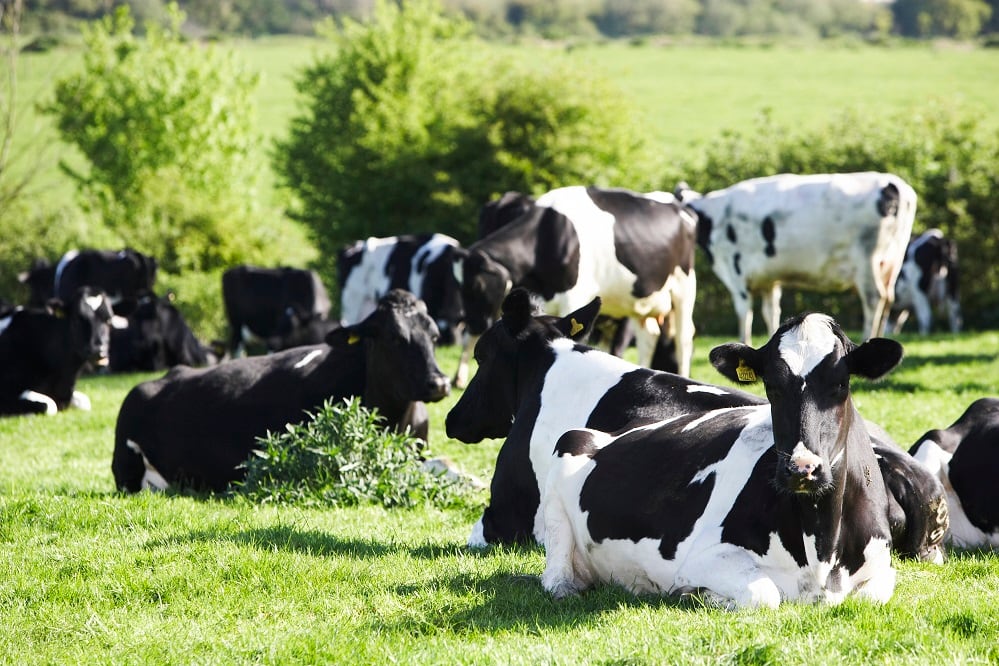The IDF’s annual Animal Health Report suggested a system of selective dry-cow therapy, as opposed to a blanket treatment, could prevent AMR – and prevent it from being transferred to humans. This would mean only cows identified as having infections in their udders would be treated with antibiotics.
The IDF standing committee on animal health and welfare and co-author of the analysis Olav Østerås called selective therapy the “way forward” for the industry, but added it relied on farmers and veterinarians getting on board with the plan.
Addressing concerns
Addressing concerns surrounding the reduction of the number of cows treated with antimicrobials, Østerås said: “The elimination of an antibiotic shield does not necessarily have to result in a higher rate of new intramammary infections.
“By modifying the known risk factors and by optimising herd management, risk levels can be equally low as when prophylactic antimicrobials are used.”
Østerås called for good animal health to be a driver that can help to reduce the need for antimicrobials. “Healthy animals do not need antibiotics,” he added.
‘Minimising antimicrobial resistance’
“Prudent use of antibiotics and minimising antimicrobial resistance is important as diseased animals need proper treatment to secure good animal welfare. Several pieces of IDF work underline their reduction and optimal use and, thus, the prevention of resistant microbes.”
The comments came as a number of IDF member countries reported reduced rates of clinical mastitis, with reductions varying from 5.4% to 61%. Mastitis was identified as the disease of greatest concern by dairy processors in six countries and one of the top five most important diseases by processors in nine countries.
Meanwhile, last month, dairy processor Arla revealed it would pay out the entirety of its 2018 net profit to its farmer partners, who were hit by the extreme weather conditions in Europe.
What is clinical mastitis?
Mastitis in cows is an inflammation or swelling in the udder. According to the Agriculture & Horticulture Development Board, obvious symptoms of mastitis include abnormalities in the milk, such as watery appearance, flakes, clots or pus.
Other symptoms include a reduction in milk yield, an increase in body temperature, a lack of appetite and a reduction in mobility to pain or feeling unwell.





